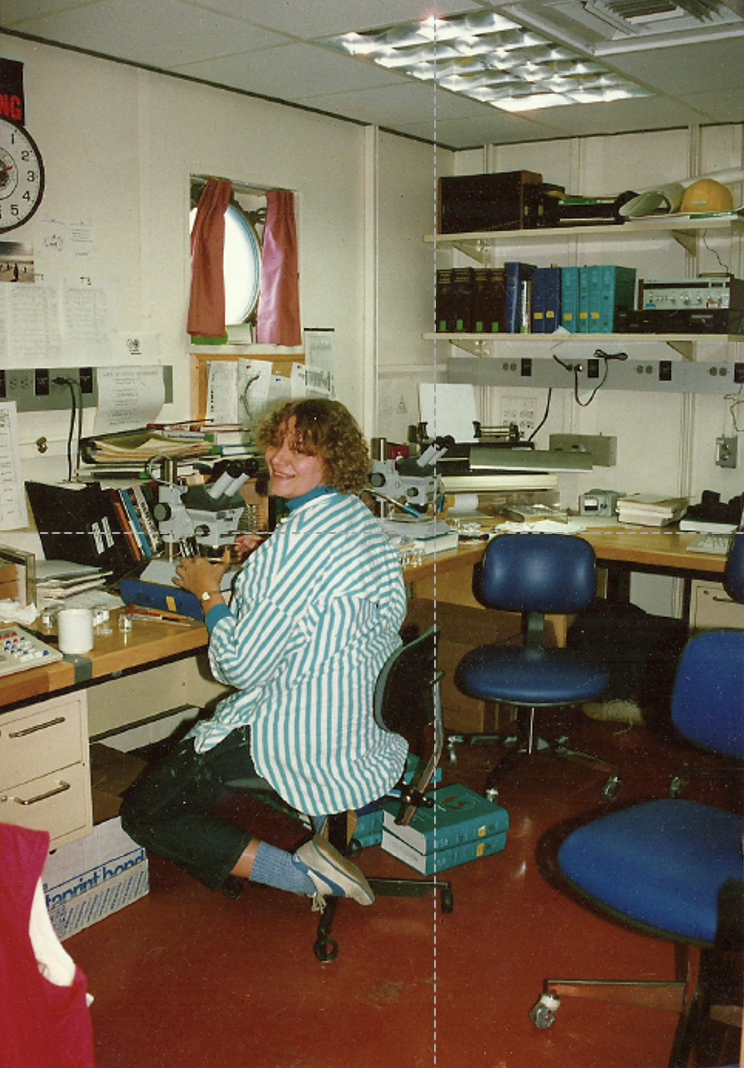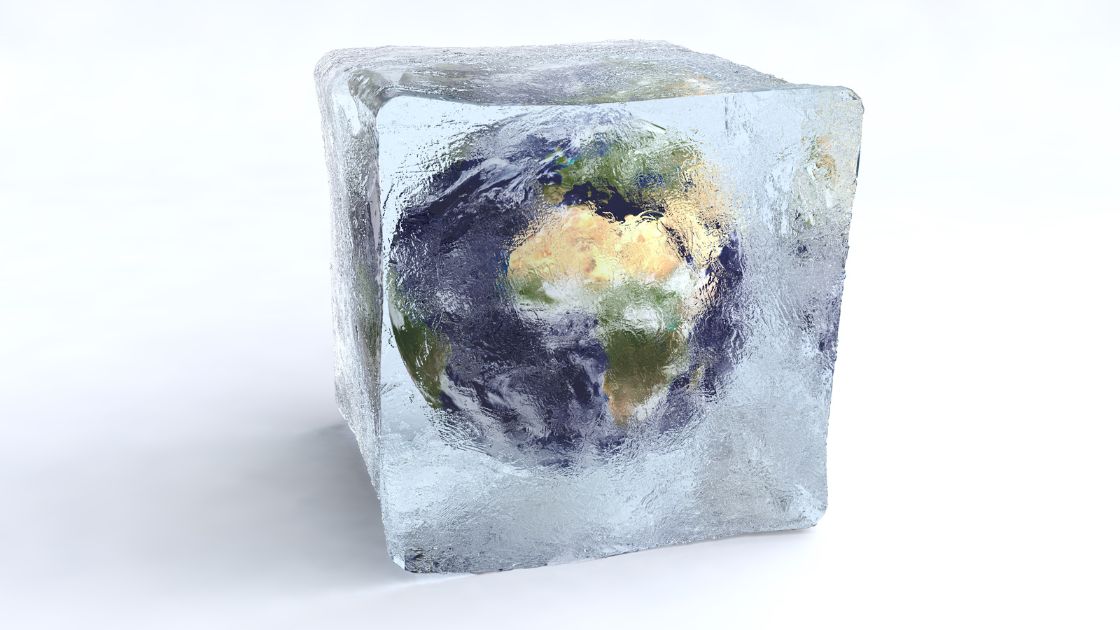Ellen Thomas was originally told at her alma mater, the Utrecht University in the Netherlands, that women couldn’t study earth sciences. But she refused to let this stop her.

At Wesleyan, Thomas is the Smith Curator of Paleontology of the Joe Webb Peoples Museum of Natural History and Harold T. Stearns Professor of Integrative Sciences, Emerita. This year, she has been awarded the BBVA Foundation’s Frontiers of Knowledge Award in the category of Climate Change alongside James Zachos of the University of California, Santa Cruz. The award, announced in January, comes in response to the pair’s groundbreaking research on “the identification of a major natural event in the fossil record that provides a compelling analog for anthropogenic climate change,” as the Frontiers of Knowledge Awards website reads. In other words, by examining microscopic fossils recovered from the ocean floor, Thomas and Zachos discovered an episode of global warming that occurred 56 million years ago as the result of a greenhouse effect.
“Ellen Thomas and James Zachos uncovered an anomalous episode in the planet’s history in which massive quantities of CO2 and methane were released into the atmosphere and global temperatures rose by between 5 and 6ºC,” the website reads. “The event, whose presumed origin was volcanic activity, turned the oceans more acidic and unleashed one of the biggest extinctions of deep-sea fauna in the whole history of Earth.”
The discovery dates back to 1987, when Thomas was on an ocean drilling expedition to Antarctica. Drilling down into older and older sediments, the scientific drill ship collected samples indicating a rapid extinction of deep-sea floor organisms. As the deep sea is the largest habitat on Earth, the extinction of these organisms signals a global event. Changes in the chemistry of the shells of the organisms at the time of their extinction indicated that the extinction occurred during rapid warming. This research was published by scientists who also had been on the drill ship (J. D. Kennett and L. D. Stott, 1991), but they did not link the warming to greenhouse gas emissions. Zachos independently discovered a warming on land, at the same time as the deep-sea warming, leading him and Thomas to make the connection.
The discovery of deep-sea extinction during global warming led Thomas and Zachos, among a group of others, on a journey to uncover why—and the answer contains many implications for today’s climate situation.
Now known as the Paleocene-Eocene Thermal Maximum, Thomas and Zachos discovered that during this event, massive amounts of greenhouse gasses were released. The effects felt 56 million years ago can be used to predict the future of climate change today.
“It’s the exact same combination that we’ve all heard that we’re going about at the moment, because we’re looking at global warming as the result of adding greenhouse gasses to the atmosphere that are also causing ocean acidification,” Thomas said. “So we realized that what we’re looking at is an ancient counterpart of what we’re seeing at the moment and expect to see continue into the future.”
The award also carries additional meaning for Thomas because she was nominated by one of her former students. She will travel to Bilbao, Spain in June for the award ceremony.

In reflecting on her journey as a scientist, Thomas recalled that she knew in high school that she wanted to study science, but she wasn’t sure which field to pursue. At the start of her time at the Utrecht University, she considered pursuing biology or chemistry but ultimately felt drawn to earth sciences because of how much it combined her interests in multiple scientific fields.
“I came to get information on the study of earth sciences, and they said, ‘Oh no, we don’t take women in earth sciences,'” Thomas explained. “But I’m one of those people [that] if you tell me that I can’t do something, I get fairly obstreperous about it. And so right then and there, I decided, ‘That’s what I’m gonna do, I’m gonna do earth sciences.'”
From the start, Thomas got used to often being the only woman in her classes, facing professors and classmates alike who called her abilities into question. She recalled facing these inequalities with a determination to prove her worth, but each day contained another challenge.
“We spent a lot of time in the field doing geology, and it was always the same,” Thomas said. “There wouldn’t be any bathroom stops, so the guys would just pee at the side of the road, and I would have to look for a couple of trees to pee behind. I even had classes in an engineering building where in the whole classroom building there was no women’s bathroom, so I went to the administrative building where they had bathrooms for the secretaries.”


